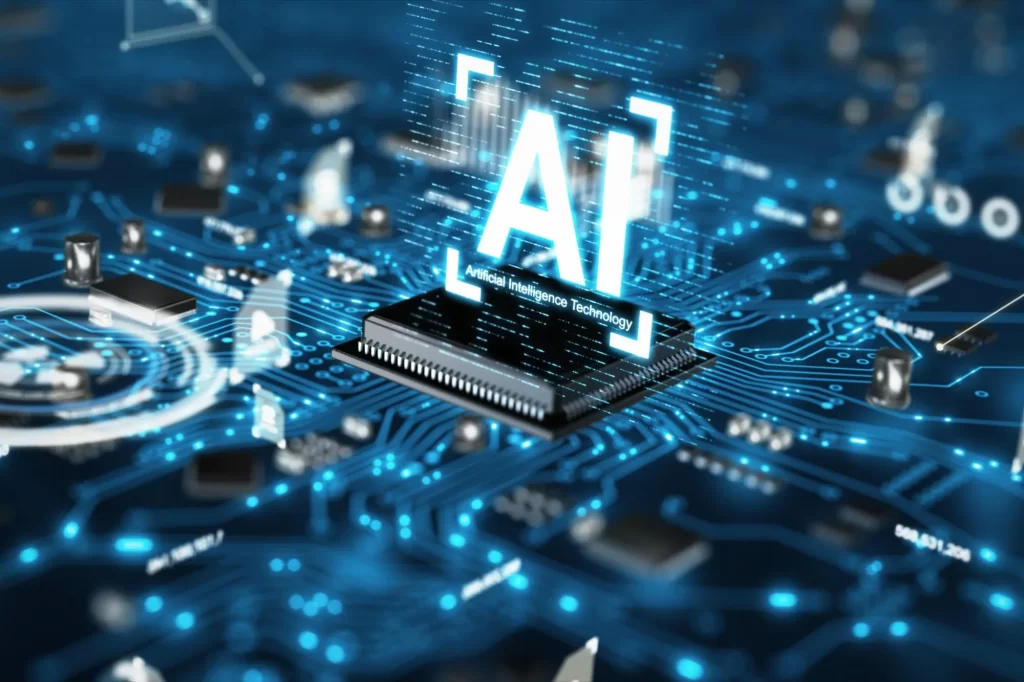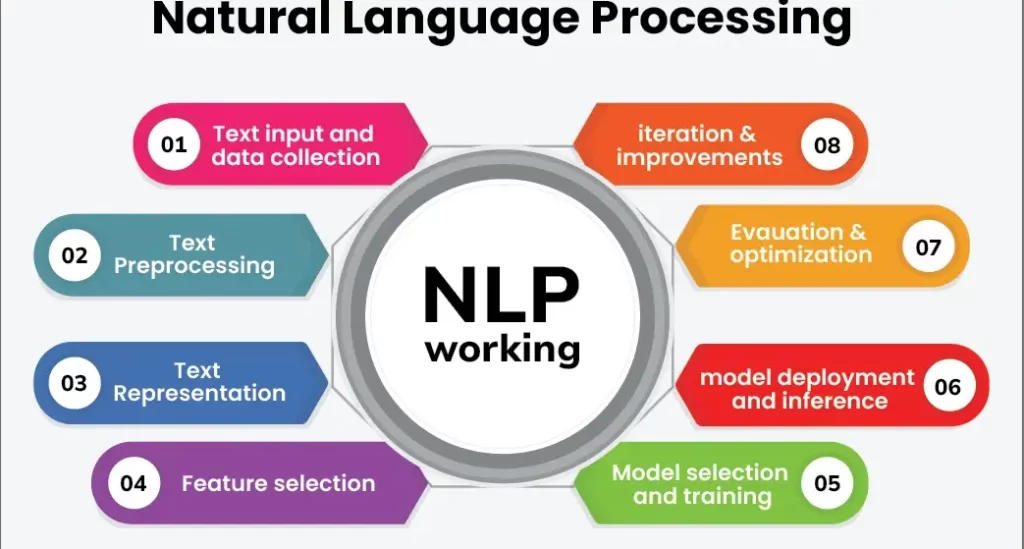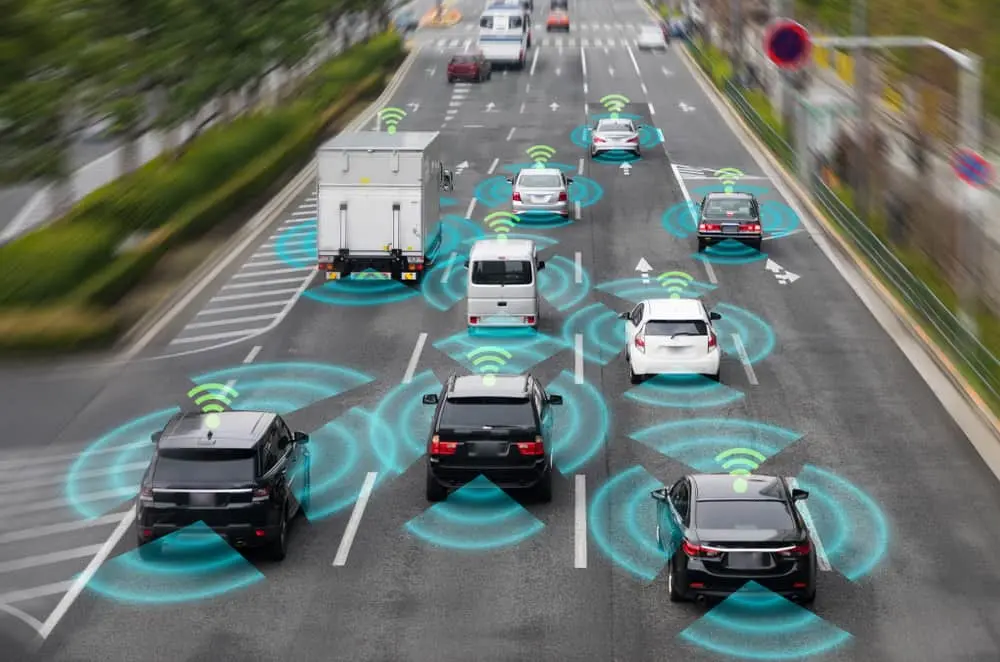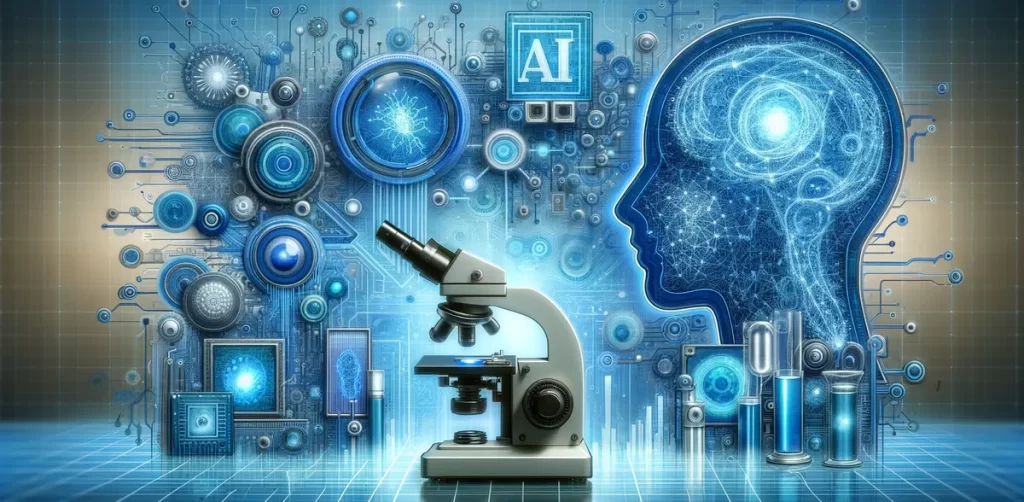AI Technology: Transforming the Future with Intelligence
Introduction to AI Technology

Artificial Intelligence (AI) technology refers to the simulation of human intelligence in machines. These machines are programmed to think like humans and mimic their actions. AI technology has revolutionized various industries by enabling machines to perform tasks that typically require human intelligence.
Content
The Evolution of AI Technology
Early Beginnings and Milestones
AI technology has come a long way since its inception in the mid-20th century. Early AI research focused on problem-solving and symbolic methods. The development of neural networks in the 1980s marked a significant milestone, paving the way for modern AI.
Modern AI Developments

The advent of big data, advanced algorithms, and powerful computing resources has fueled rapid advancements in AI. Machine learning and deep learning, subsets of AI, have led to breakthroughs in image recognition, natural language processing, and autonomous systems.
Key Components of AI Technology
Machine Learning and Algorithms
Machine learning is a core component of AI, enabling machines to learn from data and improve their performance over time. Algorithms, such as decision trees, support vector machines, and neural networks, are the building blocks of machine learning models.
Neural Networks and Deep Learning
Neural networks are designed to mimic the human brain’s structure and function. Deep learning, a subset of neural networks, involves multiple layers of interconnected nodes, allowing machines to analyze complex data patterns and make accurate predictions.
Recommended for you: Flex Pay Now Comes with PayTomorrow to Put Superior Internet into the Hands of Everyone
Natural Language Processing (NLP)

NLP enables machines to understand, interpret, and respond to human language. Applications of NLP include chatbots, language translation, sentiment analysis, and voice assistants.
Applications of AI Technology
Healthcare and Medicine
AI technology is revolutionizing healthcare by improving diagnostics, personalized treatment plans, and patient care. AI-powered systems can analyze medical images, predict disease outbreaks, and assist in drug discovery.
Finance and Banking
In the finance sector, AI is used for fraud detection, algorithmic trading, risk management, and customer service. AI-driven chatbots and virtual assistants enhance customer interactions and streamline banking operations.
Retail and E-commerce
AI technology enhances the retail and e-commerce experience through personalized recommendations, inventory management, and customer behavior analysis. AI-driven chatbots provide 24/7 customer support, improving user satisfaction.
Transportation and Autonomous Vehicles

AI is the driving force behind autonomous vehicles, enabling self-driving cars to navigate complex environments. AI also optimizes traffic management, enhances public transportation, and improves logistics and supply chain management.
Benefits of AI Technology
Increased Efficiency and Productivity
AI technology automates repetitive tasks, freeing up human resources for more complex and creative work. This leads to increased efficiency and productivity across various industries.
Enhanced Decision-Making
AI systems analyze vast amounts of data to provide actionable insights, helping businesses make informed decisions. Predictive analytics and data-driven strategies enhance decision-making processes.
Improved Customer Experiences
AI technology personalizes customer experiences by analyzing preferences and behavior. This leads to tailored recommendations, efficient customer service, and increased satisfaction.
Innovation and Competitive Advantage
Businesses leveraging AI technology gain a competitive edge through innovation. AI-driven solutions enable companies to stay ahead of market trends and meet evolving customer demands.
Challenges and Ethical Considerations
Data Privacy and Security
The widespread use of Artificial Intelligence technology raises concerns about data privacy and security. Ensuring that personal data is protected and used ethically is crucial for maintaining public trust.
Job Displacement and Workforce Impact
AI technology’s automation capabilities can lead to job displacement in certain industries. Addressing the workforce impact through reskilling and upskilling initiatives is essential for a smooth transition.
Bias and Fairness in AI
AI systems can inadvertently perpetuate biases present in training data. Ensuring fairness and transparency in AI algorithms is necessary to avoid discriminatory practices.
The Future of AI Technology
Advancements in AI Research

Ongoing research in AI technology promises further advancements in areas such as reinforcement learning, quantum computing, and human-AI collaboration. These developments will unlock new possibilities and applications.
AI in Everyday Life
AI technology will continue to integrate into everyday life, from smart homes and wearable devices to personalized healthcare and education. The future holds immense potential for AI to enhance our daily experiences.
Ethical AI Development
The future of AI technology must prioritize ethical considerations. Developing AI systems that are transparent, fair, and aligned with human values will ensure that AI benefits society as a whole.
Also, read this post: An Introduction to Leading Conversational AI Platforms for Developing Chatbots and Virtual Assistants
Conclusion
AI technology is transforming the world with its intelligence and capabilities. From healthcare and finance to retail and transportation, AI’s applications are vast and impactful. As AI continues to evolve, it is essential to address ethical considerations and ensure that its benefits are accessible to all. Embracing AI technology with a focus on innovation, fairness, and responsibility will pave the way for a brighter future.
FAQs
What is AI technology?
AI technology refers to the simulation of human intelligence in machines, enabling them to perform tasks that typically require human intelligence, such as problem-solving, learning, and decision-making.
How is AI used in healthcare?
AI is used in healthcare for diagnostics, personalized treatment plans, medical image analysis, disease prediction, and drug discovery, improving patient care and outcomes.
What are the ethical considerations of AI technology?
Ethical considerations of AI technology include data privacy, security, job displacement, and bias in AI algorithms. Ensuring fairness, transparency, and ethical use of AI is crucial for societal trust and benefit.

Shawn Davis is a wonderful person. He is very nice and always willing to help out! He loves his job because it lets him share interesting things with people who want to know about new developments in the world of technology.







